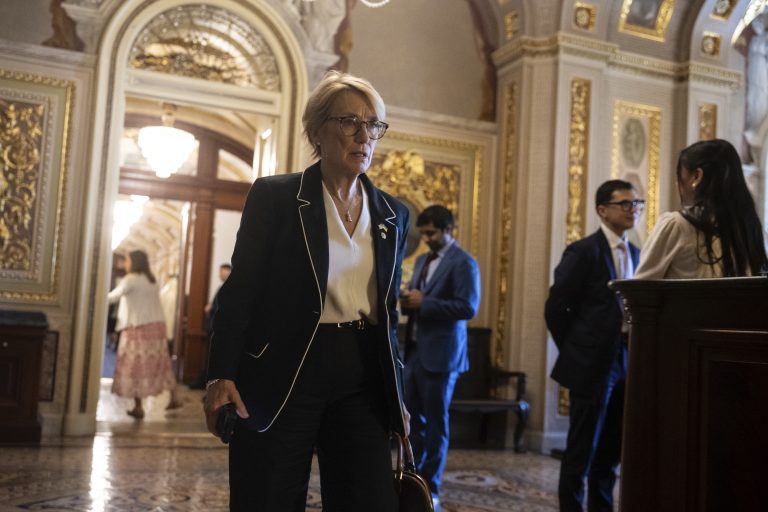Senators have reached a deal to end the government shutdown.
The agreement, which was negotiated in part by Sens. Angus King, Jeanne Shaheen and Maggie Hassan as well as GOP senators, has “more than enough” members of the Senate Democratic Caucus to advance, according to two people granted anonymity to disclose the terms.
Senate Republicans are expected to support the agreement.
The Senate is poised to vote later Sunday night to advance the House-passed stopgap, which will later become the vehicle for the larger funding deal.
That vote would tee up consideration later this week of a legislative package that would fund the Department of Agriculture and the FDA, the Department of Veterans Affairs and military construction projects, and the operations of Congress, for the full fiscal year — the product of months of bipartisan, bicameral negotiations. All other agencies would be funded through Jan. 30, according to text of a continuing resolution released Sunday.
As part of Democrats’ agreement to end the shutdown, Senate Majority Leader John Thune is promising Senate Democrats a vote in December to extend Affordable Care Act subsidies that are due to expire at the end of the year short of Congressional action. Democrats will also get to determine what extension bill gets a vote.
The government-opening agreement also guarantees that federal employees laid off during the shutdown are re-hired and gives federal employees backpay.
Many progressives in the Senate — along with a large number of House Democrats, including House Minority Leader Hakeem Jeffries — think anything short of a deal to pass an extension of the tax credits as part of a government funding bill is insufficient.
“We will not support spending legislation advanced by Senate Republicans that fails to extend the Affordable Care Act tax credits. We will fight the GOP bill in the House of Representatives, where [Speaker] Mike Johnson will be compelled to end the seven week Republican taxpayer-funded vacation,” Jeffries said in a statement.
House Democratic leadership has insisted the health subsidies be addressed in legislation rather than a handshake compromise, especially as Johnson has refused to offer Democrats the same promise of a vote on an extension in his chamber.

